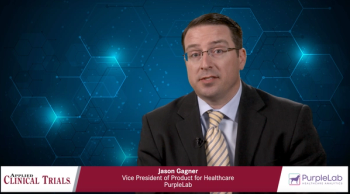
A pharmaceutical company aimed to launch a Phase III clinical trial for a new oncology drug, focusing on efficient and effective patient recruitment across diverse regions. They evaluated patient populations by analyzing demographics, social determinants of health, and geography. Investigator profiling included practice details, affiliations, referral networks, and clinical trial experience. The final step involved selecting and extracting target lists for implementation.

